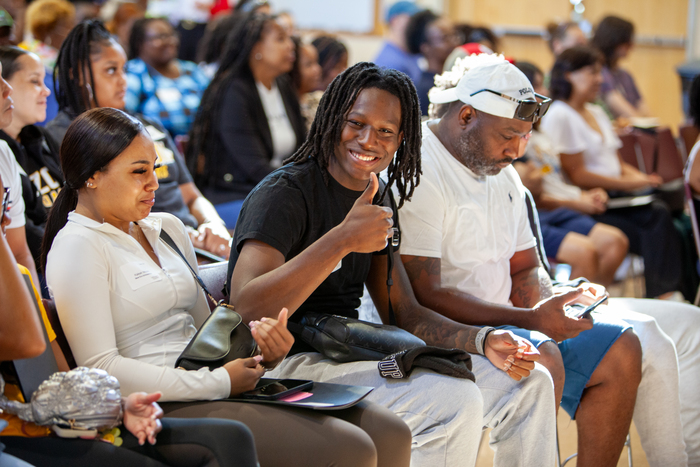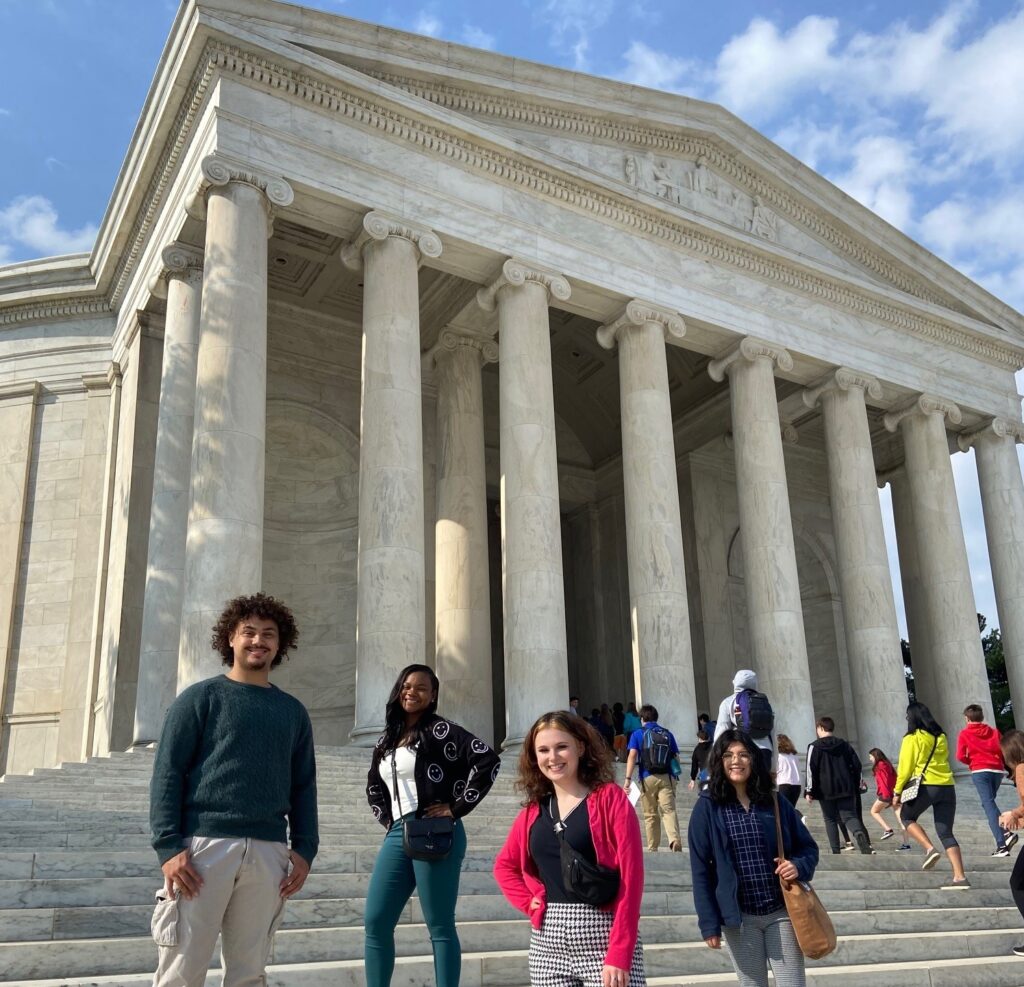
We’re engaged in a debate about the worth of human beings, but afraid to call it that.
Have you heard these phrases, or maybe even said them yourself?
- We’ve gone overboard in this country, pushing people to college who have no business being there.
- So many students get to college but aren’t graduating; college isn’t for everyone.
- College pricing is out of control and organizations like yours are just subsidizing the schools’ ability to charge more and more.
Sometimes, this debate sounds like an all-or-nothing discussion, in which individual humanitarian acts are judged unimportant in the face of the need for major change. The educational and economic systems that perpetuate inequity are longstanding. Deciding to withdraw from meeting the needs of today’s students as an act of starving inequitable systems may feel righteous, but beside us and around us and coming along after us are generations of young people who are ready to learn and to lead NOW.
“College isn’t for everyone” debates are racist and classist. Usually, the not-so-subtle reference is to students who are not prepared (able?) to do college-level work, to those who seem to just not like school, or to the fact that not everyone can or should be a rocket scientist or brain surgeon. Let me be clear. Almost never, in the hundreds of such discussions I’ve witnessed, are these people talking about their own children. Almost always, they speak of other people’s children while they do everything in their power to assure that their own are given every chance to succeed at the postsecondary level. What if we acknowledge that the goal of education is learning and that people are not forever limited by the inadequacies of the elementary and secondary schools they attended?
It is also the case that the word “college” carries embedded stereotypes. After “college isn’t for everyone” will at times come a discussion about “technical school” or “trades” as a purportedly forgotten and worthy option. In the St. Louis region, people will point to Ranken Technical College or St. Louis Community College (the “junior” college) as if they are alternatives to college, when both institutions are accredited, degree-granting, nonprofit, post-secondary COLLEGES. What if we quit judging the paths that learners take after high school as more or less worthy and instead worked to build a community that values and supports a multitude of interests and occupations?
At The Scholarship Foundation, we are starting a year-long staff study group to sharpen our understanding and our language, and to examine our programs in light of these societal trends to see college as a process of sorting by some judgment of human worth. We need better tools to help students find the colleges that match their learning styles and goals. Expect to read more in future blogposts and to see even clearer answers to these questions:
Is a college degree worth it?
Is college for everyone?
What knowledge or learning does democracy require of the society that fosters it?




